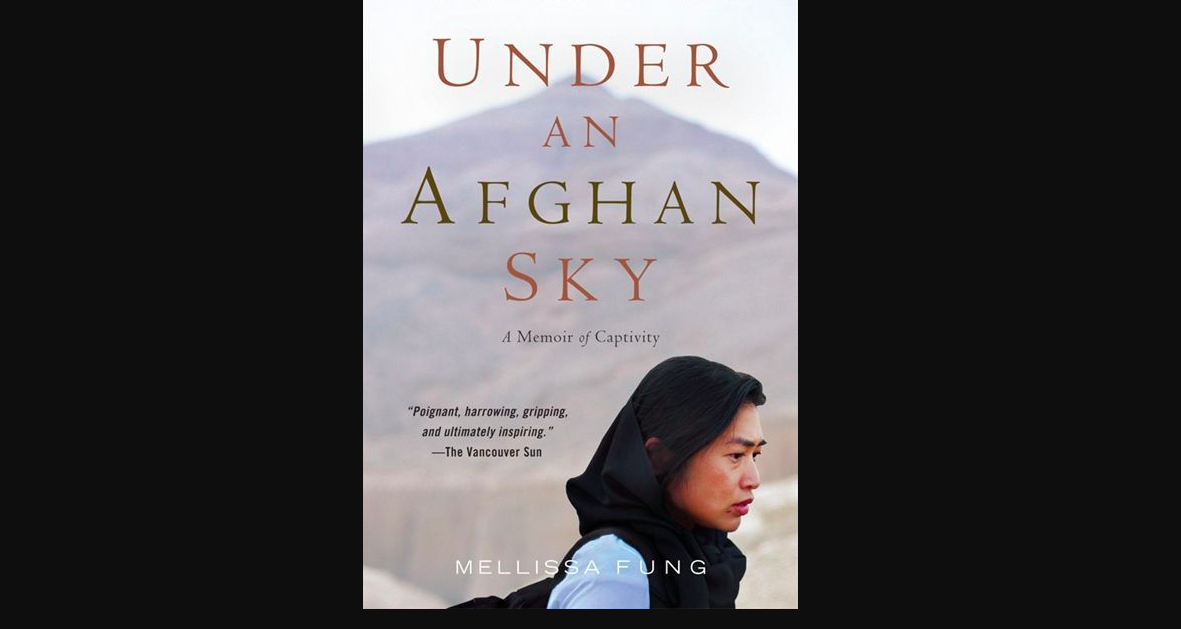While on assignment for CBC in Afghanistan in 2008, Mellissa Fung was captured and held captive for 28 days. Her best-selling book, Under the Afghan Sun, describes her imprisonment in a dirt hole, praying the rosary, eating cookies and chain smoking cigarettes her captors provided.
Since her release 10 years ago, she’s changed her focus towards freelancing — and she continues to return to Afghanistan to report on conditions there. She currently resides in London, UK where she is working on a feature documentary and writing a book about Boko Haram in Nigeria.
Fung spoke to J-Source about on her career and covering Afghanistan.
J-Source: Why did you become a journalist?
Mellissa Fung: I came to Canada when I was four years old. I didn’t speak a word of English, but my father had the news on all the time. It’s how I learned the language and how I learned about my new country. And I thought it was an honourable profession, because I think that if we can understand each other a little better, the world will be a more peaceful place. Don’t ask me how naive that sounds now!
J-Source: Why did you go to Afghanistan the first time?
M.F.: I thought it was an important story. Our troops were there, fighting a war – and dying – in a country many of us knew little about. I also felt it was important to go to tell the stories of the civilians caught up in war – the women and children who became internally displaced. And there are some stories women can tell better than men.
J-Source: Do you ever feel like your kidnapping overshadows your own work?
M.F.: I did for a while because it’s all anyone wanted to talk about. But if you look at my body of work since my kidnapping, I like to think that it’s been some of the best work of my career.
J-Source: In an article from 2014 for J-Source, you say you regret writing your book. Why?
M.F.:I don’t think it was the best book I could have written. The writing could have been stronger, but I felt like I was back in the hole, and I just wanted to be finished with it, so I could have closure. But I know now that closure doesn’t exist. Your experiences make up who you are, and that awful period will always be a part of me. I would not be doing what I am today if that hadn’t happened to me.
J-Source: When is the last time you had a cigarette?
M.F.: That night, when I was released from the hole. I swore it would be my last cigarette and it was.
J-Source: After being kidnapped, did that drive you more towards reporting on the people there?
M.F.: I just felt like I needed to finish telling that story at the refugee camp. And I couldn’t forget about the children and the women I’d met there. I was determined to go back. My friend, Captain Trevor Greene, who was gravely injured in Afghanistan and who has been an inspiration to me, tells me that once your blood has stained the Afghan sand, it’s hard to truly walk away.
J-Source: Have the stories you think should be told from Afghanistan been told in North America?
M.F.: I think some organizations have been really committed to telling these stories. The New York Times, for example, has a great bureau there staffed with Afghans and they are writing some really good stories.
J-Source: In your book, you write that you prayed the rosary repeatedly. Do you still pray?
M.F.: I do, mostly because I am grateful for this second chance. I know how badly it could all have ended.

